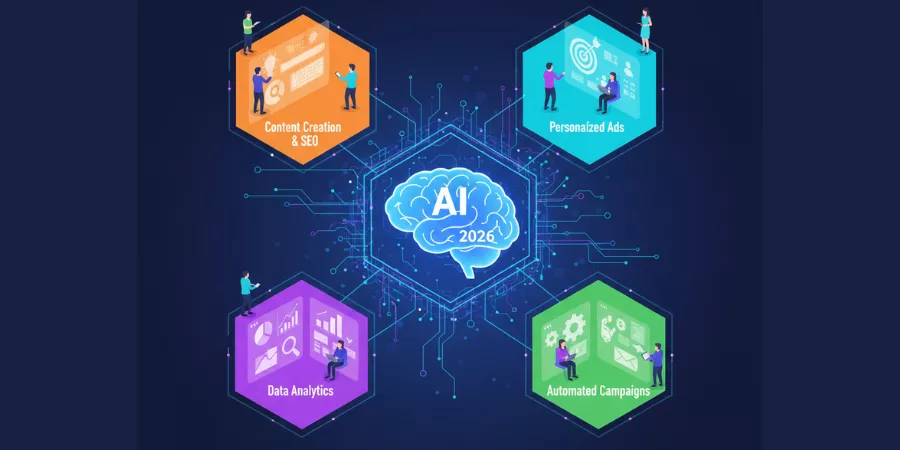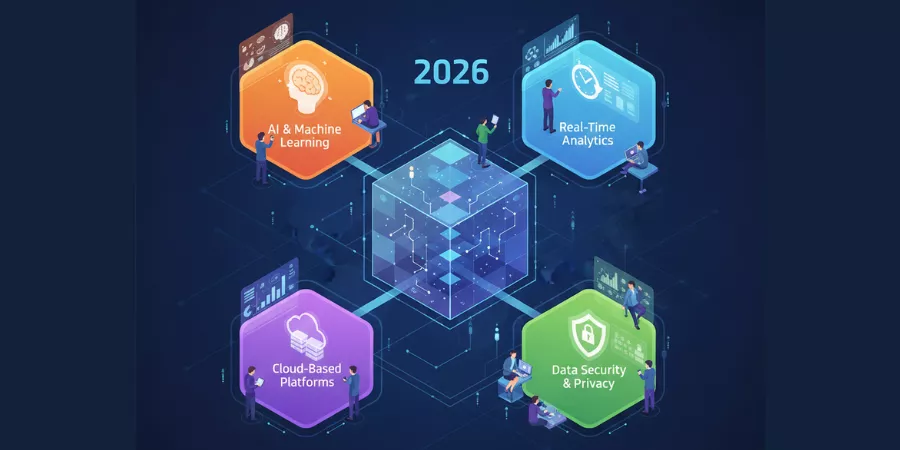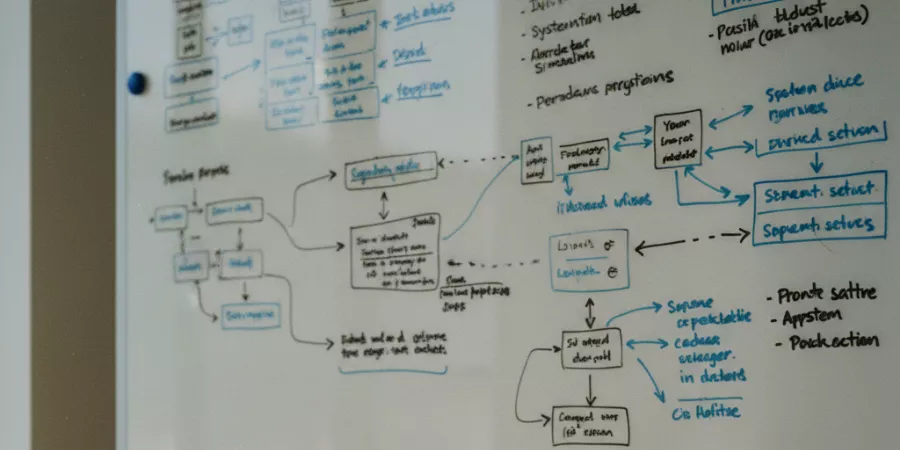The emergence of agentic artificial intelligence represents a paradigm shift in how organizations approach workforce management and operational efficiency. Unlike traditional AI systems that respond to specific prompts, agentic AI operates with autonomous decision-making capabilities, proactively identifying opportunities, solving problems, and executing complex tasks with minimal human intervention while maintaining alignment with organizational goals.
Understanding Agentic AI’s Autonomous Capabilities
Agentic AI systems possess the ability to perceive their environment, set objectives, and take independent actions to achieve desired outcomes. These systems can analyze complex situations, weigh multiple variables, and make informed decisions without requiring explicit instructions for every scenario they encounter.
This advanced technology goes beyond simple automation by incorporating reasoning capabilities that allow it to adapt to changing circumstances and learn from outcomes. The way┬Āagentic AI is redefining the workforce┬Ādemonstrates how organizations can leverage autonomous systems to enhance human capabilities rather than simply replacing manual processes.
The distinction lies in agentic AI’s ability to understand context, anticipate needs, and take initiative in ways that create genuine value for both employees and organizations while maintaining ethical boundaries and human oversight.
Key Applications in Modern Workforce Management
Intelligent Task Prioritization
Agentic AI systems can analyze workloads, deadlines, and resource availability to automatically prioritize tasks and redistribute work among team members. This proactive approach prevents bottlenecks and ensures optimal resource utilization without requiring constant managerial intervention.
Dynamic Skill Development
These systems continuously assess individual performance patterns and emerging skill gaps to create personalized learning pathways that adapt in real-time based on changing business needs and individual progress rates.
Predictive Problem Solving
By analyzing patterns in data, communication, and workflow trends, agentic AI can identify potential issues before they impact productivity and automatically implement corrective measures or alert relevant stakeholders.
Autonomous Process Optimization
These systems continuously monitor operational efficiency and can independently adjust workflows, resource allocation, and communication patterns to improve overall organizational performance.
Implementation Strategies and Best Practices
Gradual Autonomy Expansion
Organizations should implement agentic AI systems with carefully defined parameters that gradually expand as trust and understanding develop. This approach allows teams to adapt while maintaining appropriate oversight and control mechanisms.
Human-AI Collaboration Framework
Successful implementation requires clear delineation of decisions that remain under human control versus those appropriate for autonomous AI management, ensuring ethical considerations and strategic alignment remain protected.
Continuous Learning Integration
Agentic AI systems improve through experience and feedback, requiring organizations to establish robust data collection and analysis processes that support ongoing system refinement and performance optimization.
FAQ Section
How does agentic AI differ from traditional automation tools?┬ĀAgentic AI makes independent decisions and adapts to new situations, while traditional automation follows predetermined rules and requires explicit programming for each scenario.
What safeguards prevent agentic AI from making inappropriate decisions?┬ĀImplementation includes clear boundaries, ethical frameworks, human oversight protocols, and regular performance monitoring to ensure alignment with organizational values and objectives.
Can agentic AI replace human managers entirely?┬ĀNo, agentic AI enhances management capabilities by handling routine decisions and analysis, while humans retain responsibility for strategic planning, ethical considerations, and complex interpersonal situations.
What industries benefit most from agentic AI implementation?┬ĀManufacturing, healthcare, financial services, and technology sectors show particular promise due to their complex workflows, data-rich environments, and need for rapid decision-making capabilities.
Conclusion
Agentic AI represents a transformative approach to workforce management that extends beyond traditional automation to create truly intelligent systems capable of independent thought and action. Organizations that successfully implement these technologies will gain significant competitive advantages through improved efficiency, enhanced decision-making, and more strategic human resource utilization while maintaining the ethical frameworks essential for responsible AI deployment.















